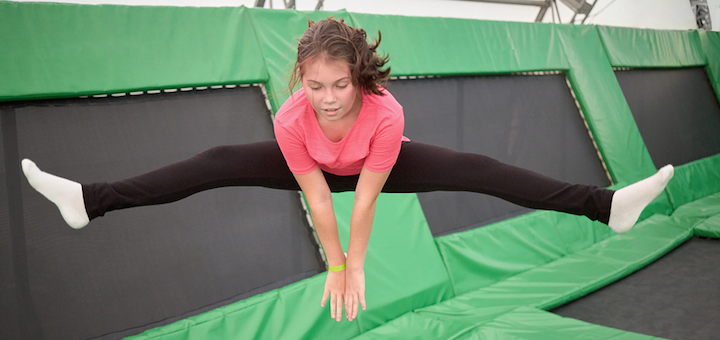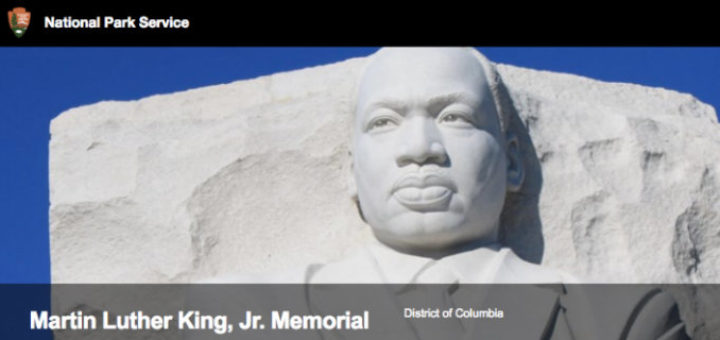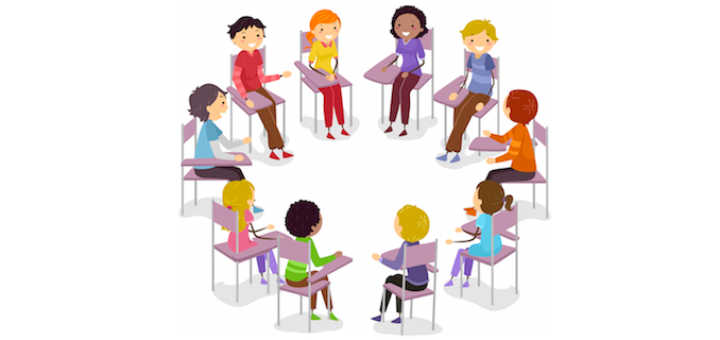Category: Two Teachers in the Room
Elizabeth Stein launches into the new school year with strategies to help co-teachers evaluate their current relationships and begin strengthening the one-on-one communication that is essential to provide learning opportunities for everyone in the classroom.
Make the most of summer’s three ‘R’s’: relaxation, rejuvenation, and reflection! Coach Elizabeth Stein shares what she’s learned from great co-teachers to help focus summer learning and plan ways to bring out the best in students and colleagues next year.
Most educators take one of two perspectives on students with disabilities, says Elizabeth Stein. They see them with deficits or with strengths and assets. In this resource-rich post, Stein makes the case for an assets-based approach to designing accommodations and the IEP.
What is the one thing that you would say challenges you the most as a teacher in an inclusive setting? Teaching coach Elizabeth Stein says her own experience with teachers and students this year brought dyslexia to the forefront. Learn how to meet the dyslexia challenge.
After helping a co-teaching team talk through their student engagement challenges, coach Elizabeth Stein shares some of the guiding questions that helped the two teachers unpack their differing goals and philosophies and begin to find ways to reach more students.
As schools go through the annual Least Restrictive Environment process, special needs coach Elizabeth Stein is wondering – what happens once the decision is made? Read her tips to ensure students assigned to co-taught classrooms have something more than a “banking model” education.
Coach Elizabeth Stein invites co-teachers to extend their MLK Day reflections and consider how Dr. King can move us on a very conscious level to co-create equity in our inclusive classrooms, using four action steps that include speaking our truth and accepting discomfort.
Successful co-teaching is quite simple, says coach Elizabeth Stein. “All you need to do is keep them engaged.” Engagement begins by caring about what students think and feel as you design and deliver instruction – accepting ownership of your personal role in their success.
How do teachers influence students’ opportunities to connect with themselves as learners on a deep level? Coach and NBCT Elizabeth Stein provides tips to shift away from a behaviorist pedagogy and toward strategies that have students actively seeking knowledge and strengthening skills.
Restorative justice practices put students in control of behaviors, writes Elizabeth Stein. Rather than being separated from peers in punitive ways, students gain a collaborative perspective and feel more accepted, supported, and capable of making positive decisions.
























